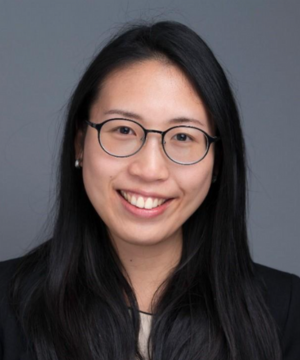Beijing views the current global governance system as one that skews unfairly in favor of Western powers. China seeks to reshape the dynamics in international organizations in pursuit of its own goals, mimicking the multilateral foreign policy that the United States pursued during the Cold War. However, unlike the United States, China prefers to build economic partnerships instead of military alliances – such as through BRICS, the Shanghai Cooperation Agreement, or the Forum on China-Africa Cooperation. How does China’s alternate vision for global governance differ from the United States’ and will it resonate with the rest of the world?
Olivia Cheung joined us in May 2025 to discuss the ways China wants to change the global governance system and how it engages with multilateral institutions.

Olivia Cheung
Dr Olivia Cheung (DPhil, Oxon) is Lecturer in Politics at the Department of European & International Studies, King’s College London, and China Fellow at the Centre for Security, Diplomacy and Strategy (CSDS), Vrije Universiteit Brussel. She is the author or co-author of three books, including The Political Thought of Xi Jinping, Factional-Ideological Conflicts in Chinese Politics, and a forthcoming title on China’s global strategy. She has also published many journal articles, book chapters, and book reviews on the politics and international relations of contemporary China. Her research has been featured in the Financial Times, The Economist, The New York Times, The Wall Street Journal, etc.